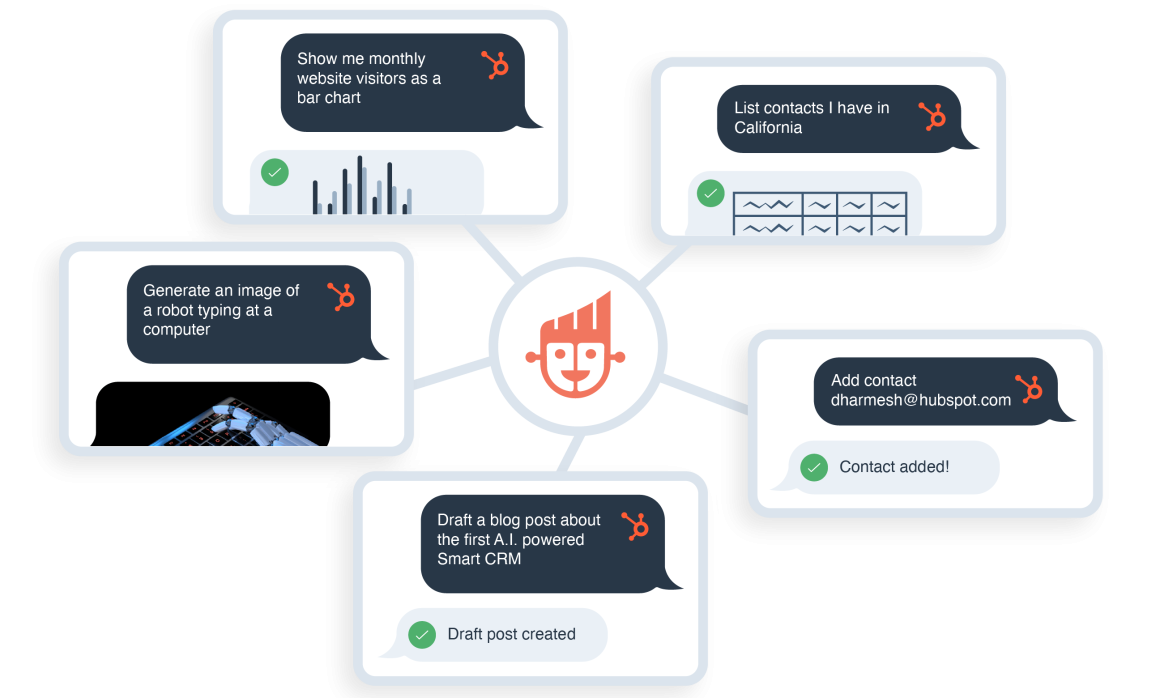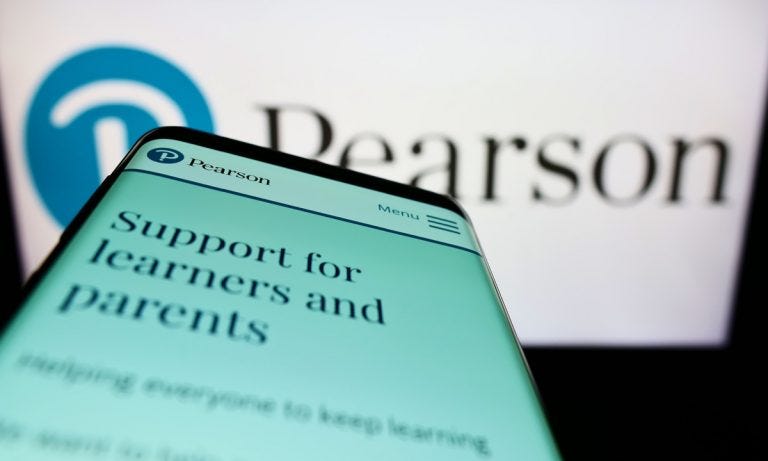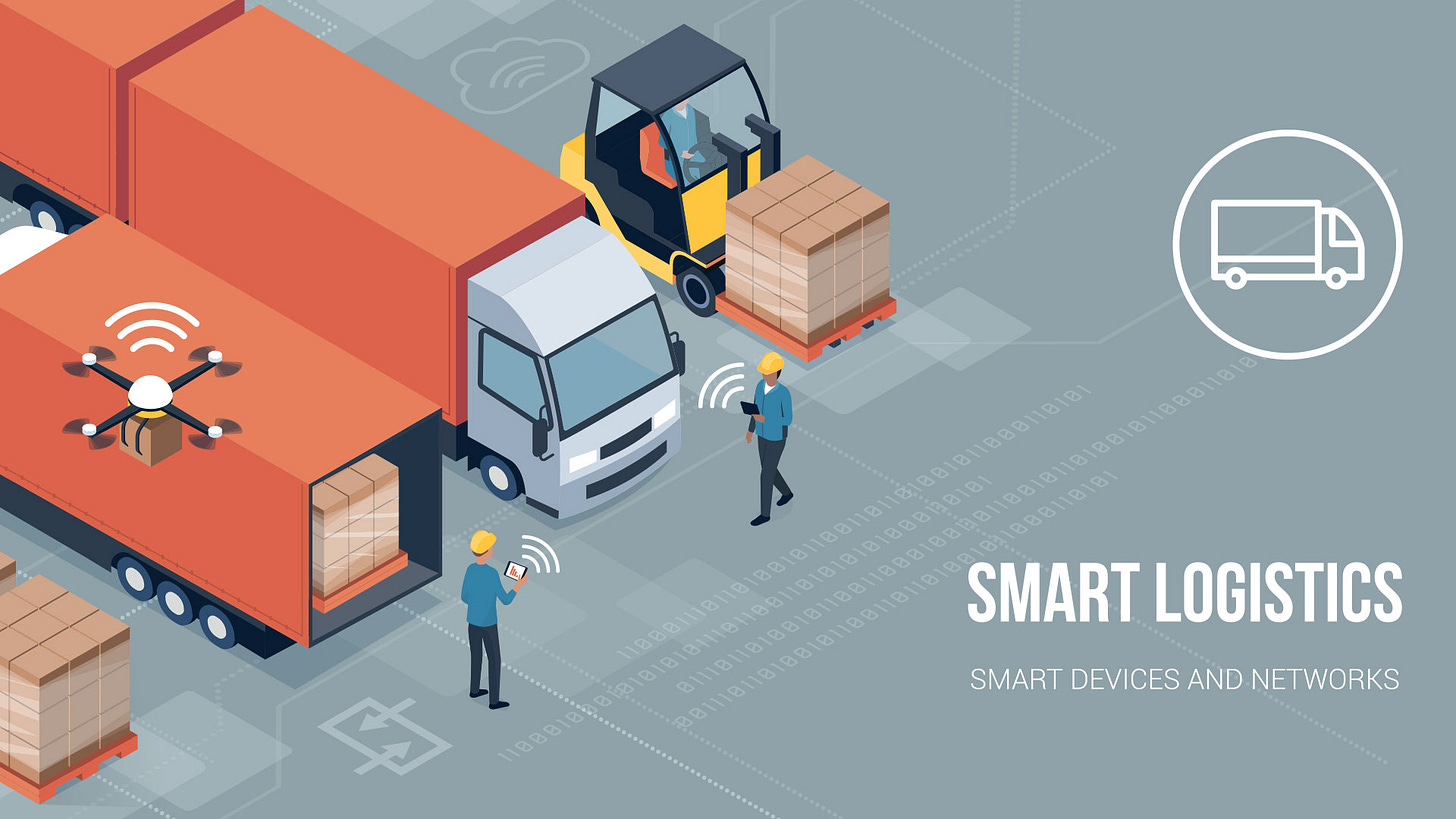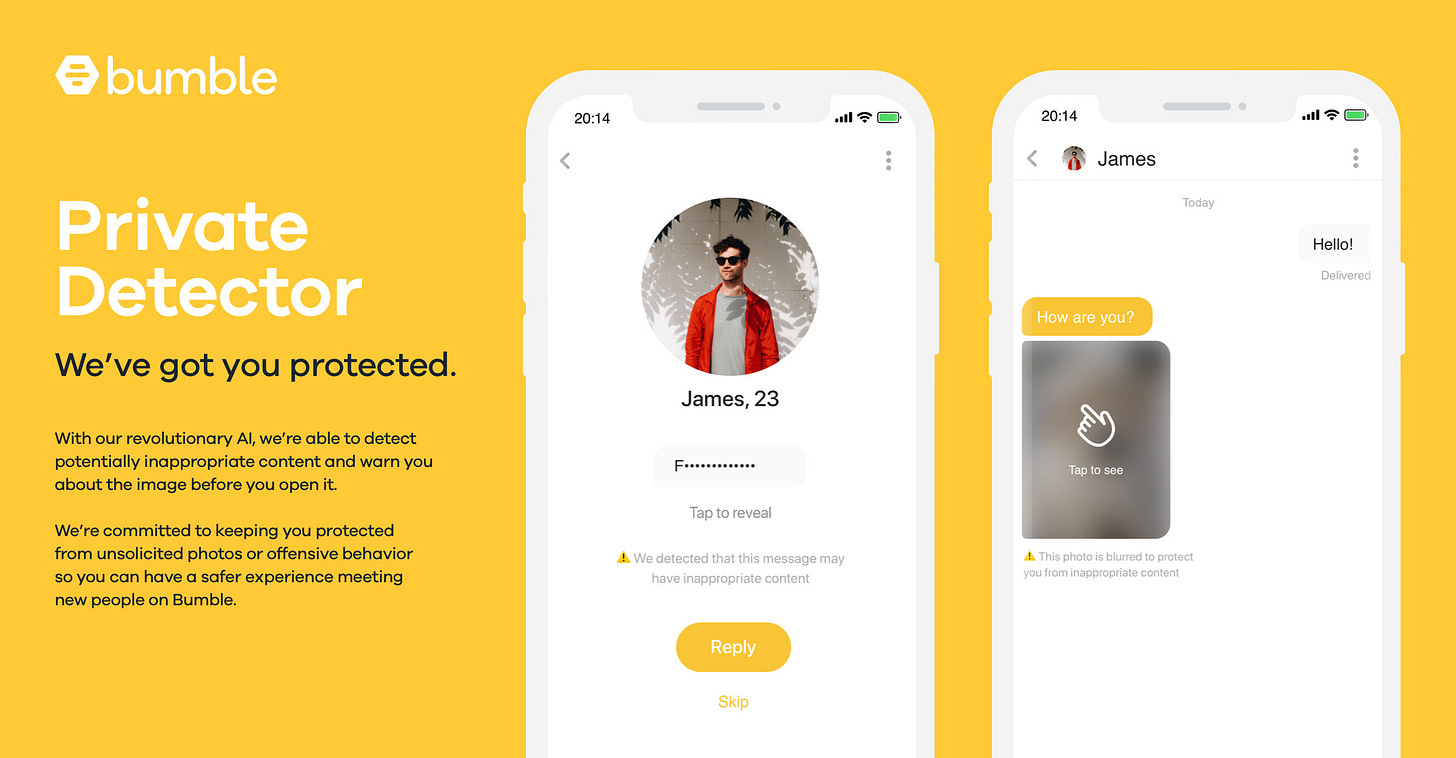Hope everyone is enjoying their summer! Thank you to our now 1.4K+ subscribers, we appreciate all the continued support! Please continue to share with colleagues and friends :)
As many public companies have announced their Q2’23 earnings results over the last few weeks, we thought it would be interesting to understand if (and how) they are actively discussing artificial intelligence and large language models in their earnings calls.
In other words: Is “Generative AI” something that only Microsoft, Google, startups, and VCs are blabbering on about?
We ran a search on how many times certain phrases1 were found in the earnings transcripts of hundreds of publicly traded companies since July 1st (the approximate beginning of Q2 earnings season). We parsed both SaaS and Non-SaaS companies to get a pulse on where we see the most usage of these terms.
The data tells an interesting story…
According to Alpha-Sense, between 7/1/2023 through 08/11/2023, “Generative AI” related technologies were discussed 718 times in SaaS public company earnings calls across 104 different companies. These companies range from Amplitude, Workiva, JFrog, DataDog, Dropbox, Hubspot, etc. It was noteworthy that nearly every public SaaS company that released earnings had some mention of “Generative AI” in their earnings call.
When looking at non-SaaS sectors (Industrials, Healthcare, Telecom, Real Estate, Utilities, Comms, Material, Energy, Consumer, and IT), “Generative AI” was discussed 1,593 times across 332 different companies. This set included businesses as varied as Warby Parker, Lulu’s, Warner Music Group, Vivid Seats, Softbank, and others.
Despite an overall decrease in spending among CIOs and a tightening in budgets, product teams prioritized testing GenAI and LLM capabilities in new products, and management teams expressed a continued prioritization of experimenting with AI/ML.
Below we dig into a few use cases of how these public companies are integrating GenAI and LLMs into their companies and in what use cases they’re discussing this technology.
SaaS Companies
Let’s take a look at how two public SaaS companies are talking about GenAI.
DataDog (Observability)
DataDog is a monitoring and analytics platform using AI to track and optimize cloud applications and infrastructure performance. Datadog recently launched two newAI specific features to further enhance their generative AI strategy.
Bits AI - Gen-AI powered DevOps copilot with a chat-bot interface that helps investigate and respond to incidents more efficiently across the Datadog web app, mobile app, and Slack, without switching contexts. Bits AI integrates across the entire monitoring workflow.
Watchdog - Bits AI builds off of Watchdog which is focused on Datadog’s established machine learning features, such as anomaly detection, outlier detection, and forecasting, to produce high-quality results specially tuned for high-scale infrastructure and applications. With the power of AI, customers no longer have to flag alerts, but rather can be automatically notified when there is anomalous behavior.
We seek massive improvements in developer productivity will allow individuals to write more applications and to do so faster than ever before. And as with past productivity increases, we think this will further shift value from writing code to observing, managing, fixing and securing live applications. In the short to medium term, we believe the rise of AI will increase the demand for compute and storage to train and run models, but it will also increase the value of proprietary data and further drive digital transformation and cloud migration as these are all prerequisites for adoption. We also do expect quite a bit of noise in the market as the technology stack is progressing and changing very quickly. Now from a product perspective, we believe that we at Datadog are uniquely positioned to deliver value to our customers in this new world. - Olivier Pomel
Hubspot (Marketing Platform & CRM)
HubSpot offers a comprehensive inbound marketing and sales platform with tools for CRM, content management, and automation, aiding businesses in attracting, engaging, and delighting customers. Historically, customers would not have thought of Hubspot as an “AI” company, as most of the users are not '“technical” users, but over the last year, the company has discussed publicly how they are “ambitiously integrating AI across our entire CRM platform so our customers don't have to become AI expert to reap the transformational benefits.”
In the Q2 ‘23 earnings call, Hubspot CEO Yamini Rangan discusses why Hubspot is in the early stages of a transformative shift, and why HubSpot is well positioned to capitalize on the shift. Yamini highlights how Hubspot plans to use GenAI to anticipate customer needs, suggest resolutions and offer proactive support.
We believe AI won't replace go-to-market teams. It will guide them to drive better outcomes. While there will be efficiency benefits, we're even more excited about effectiveness gains and the ability to drive guided growth for customers. While we are in the early stages of GenAI, HubSpot has unique differentiators. First, we have unique data and broad distribution. HubSpot CRM data is unified and cohesive making it easier for AI to ingest and drive relevance. Second, we're at the center of our customers' workflows. HubSpot is where work gets done. So we can bring relevance to generate content and insights across the entire front office. - Yamini Rangan
Key Use Cases of AI at Hubspot:
GTM - Hubspot brings together the power of FMs with deep contextual data in HubSpot CRM, to help GTM teams drive better results. Marketers can use GenAI to guide them in creating more effective blog posts, e-mail campaigns and social content. Salespeople can use it to guide them to write better prospecting e-mails and deliver more relevant insights for customers
Customer Success - Leverage GenAI to anticipate customer needs, suggest resolutions, and offer proactive support. HubSpot CRM data is unified and cohesive making it easier for AI to ingest and drive relevance. Additionally, Hubspot is at the center of customers' workflows, so they can bring relevance to generate content and insights across the entire front office.
Platform Solution - Hubspot describes how “we're not another AI point solution, we are an all-in-one CRM platform powered by AI. We've always had a human-centric approach in companies with a human feedback loop are at an advantage with AI.”
Non-SaaS
We also wanted to see how popular AI was among companies outside of the SaaS/software sector. We ran a search for how many times the words or phrases related to Generative AI (noted below) showed up in earnings transcripts for companies in industries outside of SaaS, such as Advertising, Publishing, Consumer Finance, etc. Not surprisingly, it turns out that non-SaaS companies talk about AI a lot too.
In the period from July 1st - August 11th (an approximation of when many public companies with a fiscal year-end released their Q2 earnings transcripts), the phrases in our search were uttered nearly 1,593 times across 332 companies!
So who’s talking about Generative AI the most amongst this group? Not entirely surprisingly - IT Services firms like Tata Consultancy Services (TCS) and Cognizant rose to the top of the list. These multi-billion dollar companies are paid large sums of money to ensure their clients maintain digital relevancy. So they are taking great efforts to express their interest in all things AI (and their ability to implement it). TCS has gone as far as to call AI the potential “final tech frontier” and McKinsey proclaims that Generative AI could add ~$4T(!) to the economy.
But beyond these lofty predictions from IT consultants, where are the other creative expressions of AI in areas we normally wouldn’t expect? Let’s look at some other examples:
Pearson (Educational Services)
Pearson is a $7.5B market cap company in the educational services space. Based in London, it is the largest education company in the world, with a vast range of products and services spanning textbooks, digital content, K-12 online schooling, and professional certifications.
In their most recent earnings transcript, they mentioned AI or Generative AI nearly 15 times, exemplified in the below quote from Pearson’s CEO:
AI has played an important role across our product portfolio for many years. As generative AI develops, we expect it to create significant positive opportunities for Pearson, due to our unrivalled depth of content and data. Learners and educators place enormous trust in us so we have a responsibility to be thoughtful and considered in how we use this technology, whilst continuing to move at pace to enhance our products. - Andy Bird
So what are they actually doing with AI?
Using LLMs to predict which workforce skills and occupations will be most in demand, so consumers and enterprises can be better prepared for the future
In Pearson+, users will have access to a generative AI tool that automatically summarises the content of Channels videos in simple bullet points and auto-generates quizzes and practice problems in the specific areas where they need more help and practice
Personalizing their library of content to create custom question-and-answer tests for students
CH Robinson (Logistics)
With an $11B market cap and $25B in annual revenue, CH Robinson is one of the world’s largest Third Party Logistics (3PL) companies, helping their customers deliver freight anywhere globally.
On his very first earnings call as CEO, Dan Bozeman made many explicit references to how AI can help pull forward CH Robinson from being known as a “fax machine” company to a digitally modern enterprise.
But machine learning alone has limitations due to a need for standardization. Generative AI and large language models have the ability to work with unstructured and incomplete data and unstructured task flows to create an automation unlock. One example of where this can be used is in order management. Over the years, manual processes or workarounds have been put in place to serve our customers and carriers in customized and therefore, unstructured ways such as receiving orders and providing quotes through e-mail. - Dan Bozeman
With its vast library of supply chain data collected over decades and millions of shipments, CH Robinson is utilizing artificial intelligence for everything from autofilling emails and language processing to reduce manual touchpoints, to optimizing travel routes and order management.
Bumble (Media)
Though Bumble doesn’t qualify as SaaS, it certainly is a modern tech company. Founded by Whitney Wolfe Herd in 2014, Bumble began life as a dating app where “women made the first move” to a $2B+ market cap giant with services across dating, friend-matching, and networking.
Bumble was actually early to find novel ways to use artificial intelligence, debuting a tool they built called “Private Detector” in 2019 to automatically block unsolicited lewd images, which they later open-sourced.
In their earnings call last week, Herd noted that:
“Innovation is going to be heavily driven, not just by AI from a machine learning standpoint but from generative AI as well.” - Whitney Wolfe Herd
Some examples she mentioned included:
Providing interactive advice on improving and curating profile
Enhancing the relevancy and compatibility of matches
Preventing toxic behavior
Conclusion
AI, and particularly Generative AI, is no longer confined to internal boardroom discussions but is now a topic that nearly every public company CEO is discussing with analysts, shareholders, and the general public. And it is not just software or tech leaders that are talking about AI; companies as diverse as logistics, dating, publishing, and education are all racing to figure out how best to leverage the benefits of artificial intelligence.
While many of these initial proclamations may not actually show up in products for some time (and could be another case of window dressing), just the fact that major public company CEOs are making an effort to signal their intent to create AI strategies should make startups and early builders more vigilant on competition…and a recognition of how big the market for these products will be!
Funding News
Below we highlight select private funding announcements across the Intelligent Applications sector. These deals include private Intelligent Application companies who have raised in the last two weeks, are HQ’d in the U.S. or Canada, and have raised a Seed - Series E round.
New Deal Announcements - 08/04/2023 - 08/17/2023:
We hope you enjoyed this edition of Aspiring for Intelligence, and we will see you again in two weeks! This is a quickly evolving category, and we welcome any and all feedback around the viewpoints and theses expressed in this newsletter (as well as what you would like us to cover in future writeups). And it goes without saying but if you are building the next great intelligent application and want to chat, drop us a line!
The exact search in Alphasense queried for the terms: "generative AI" OR "genai" OR "gen ai" OR "chatgpt" OR "openAI" OR "large language models" OR "Chatbot" OR "chat AI" OR "AI chat" OR "LLM"











Hey Sabrina, fantastic piece you've put together here. It's truly illuminating to witness the pervasive integration of "Generative AI" in both SaaS and non-SaaS companies. As AI continues its transformative journey, your insights hint at a promising future where it seamlessly enhances our daily interactions. Keep up the great work. Cheers, Adam
Impressive report